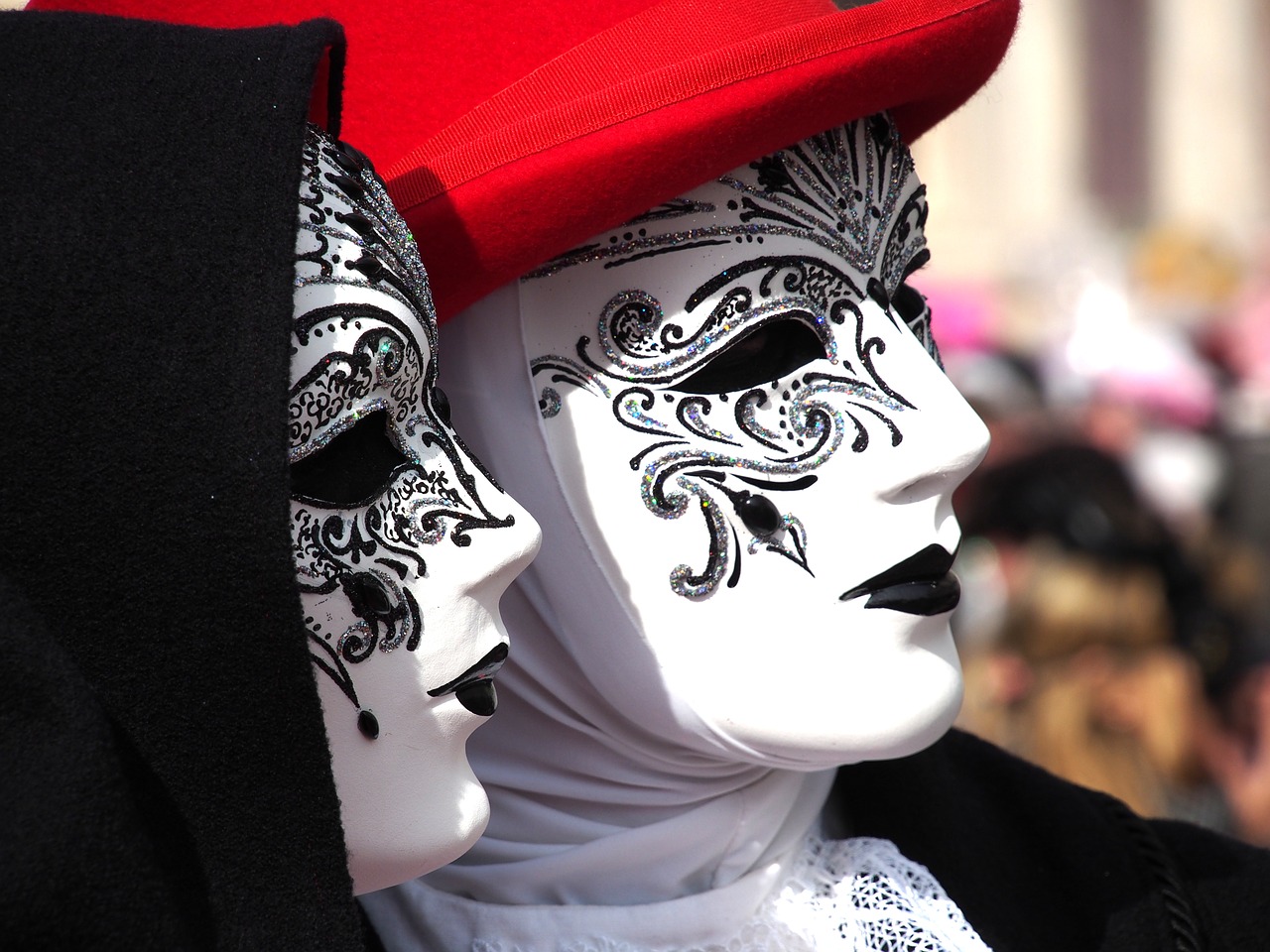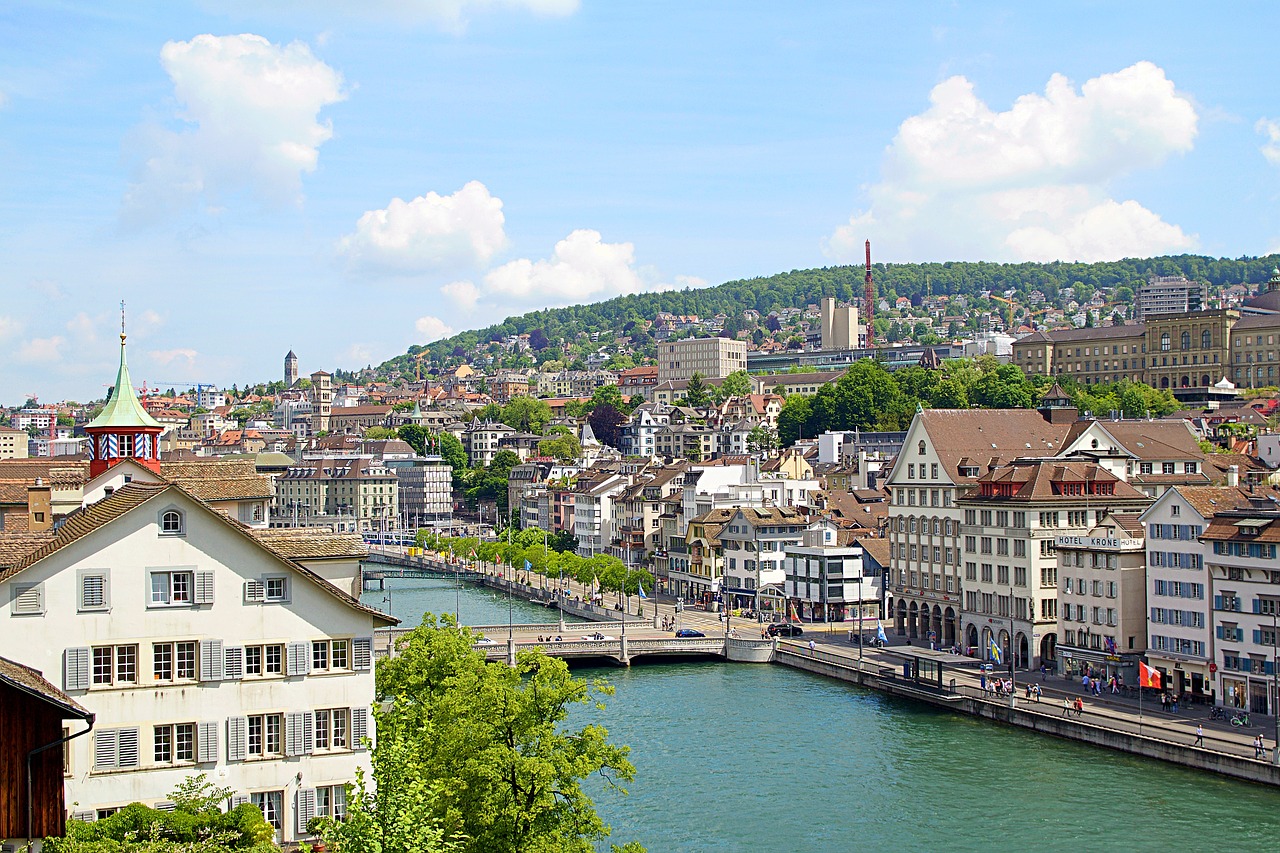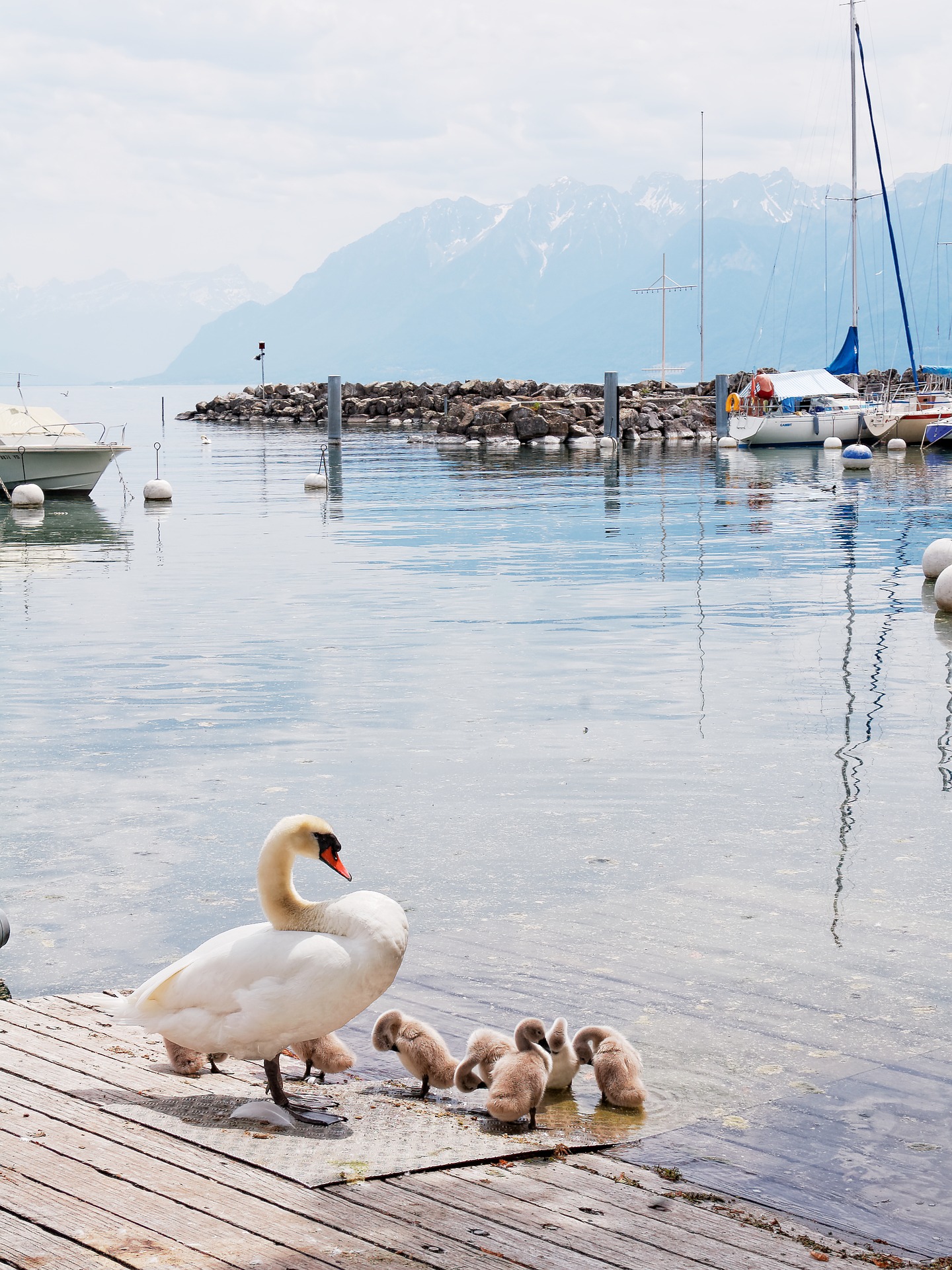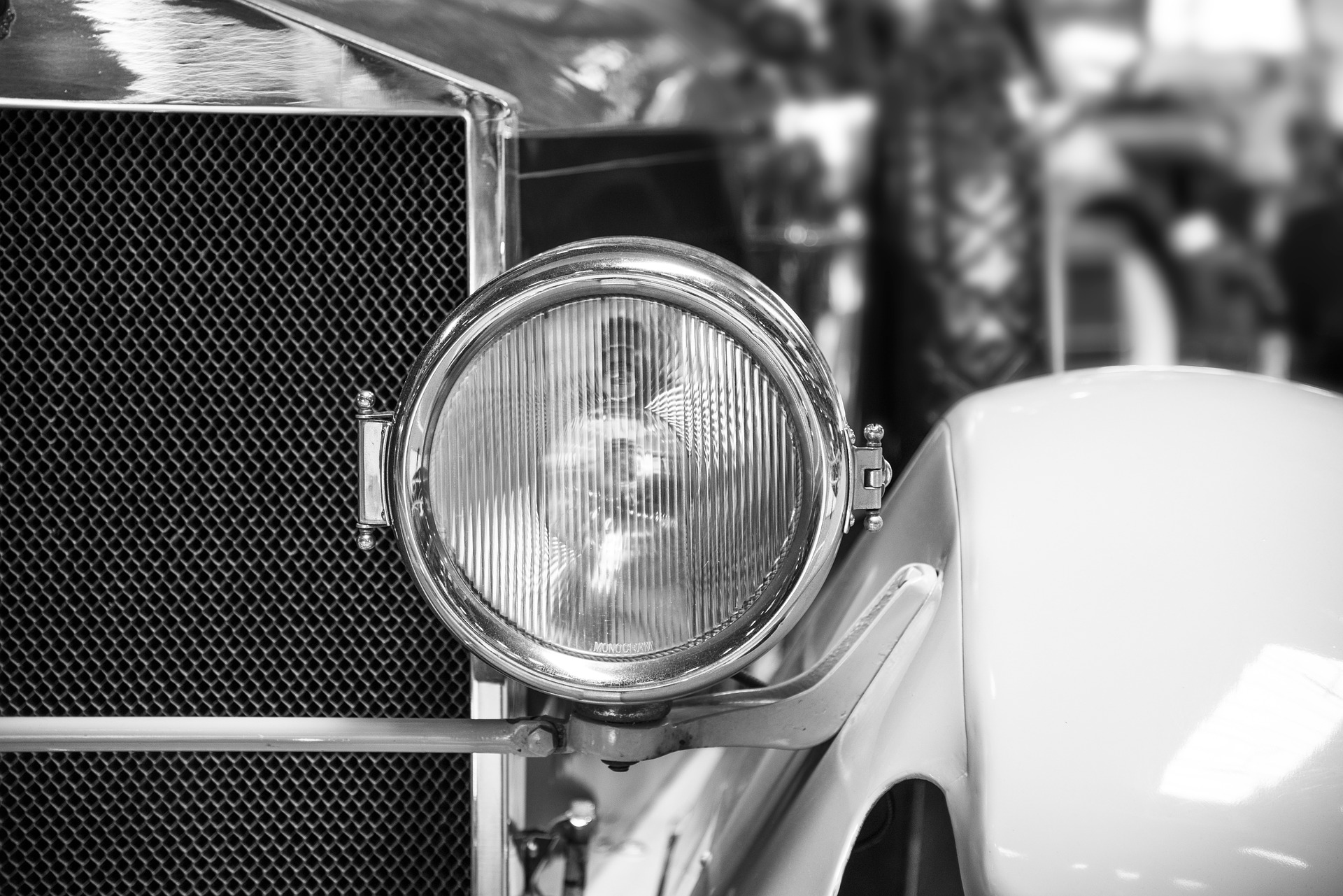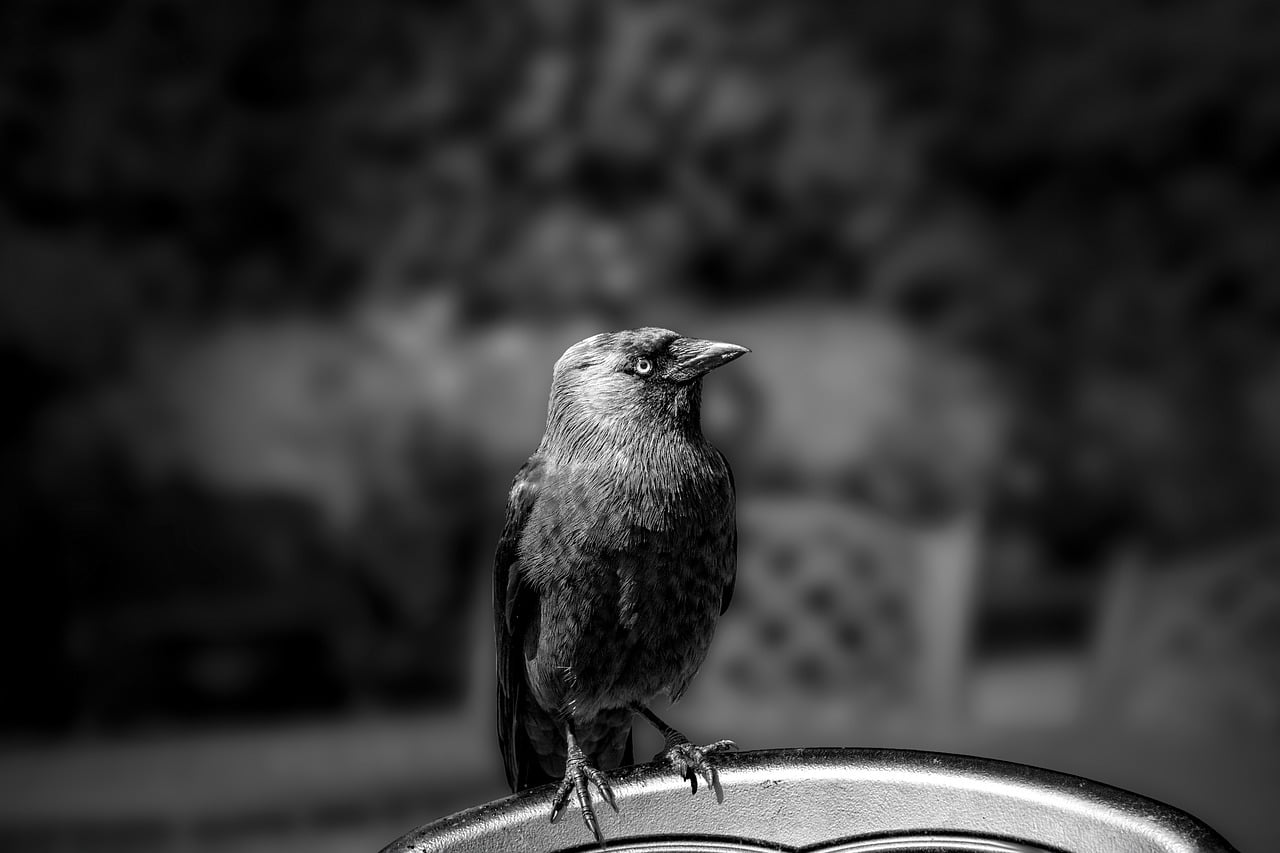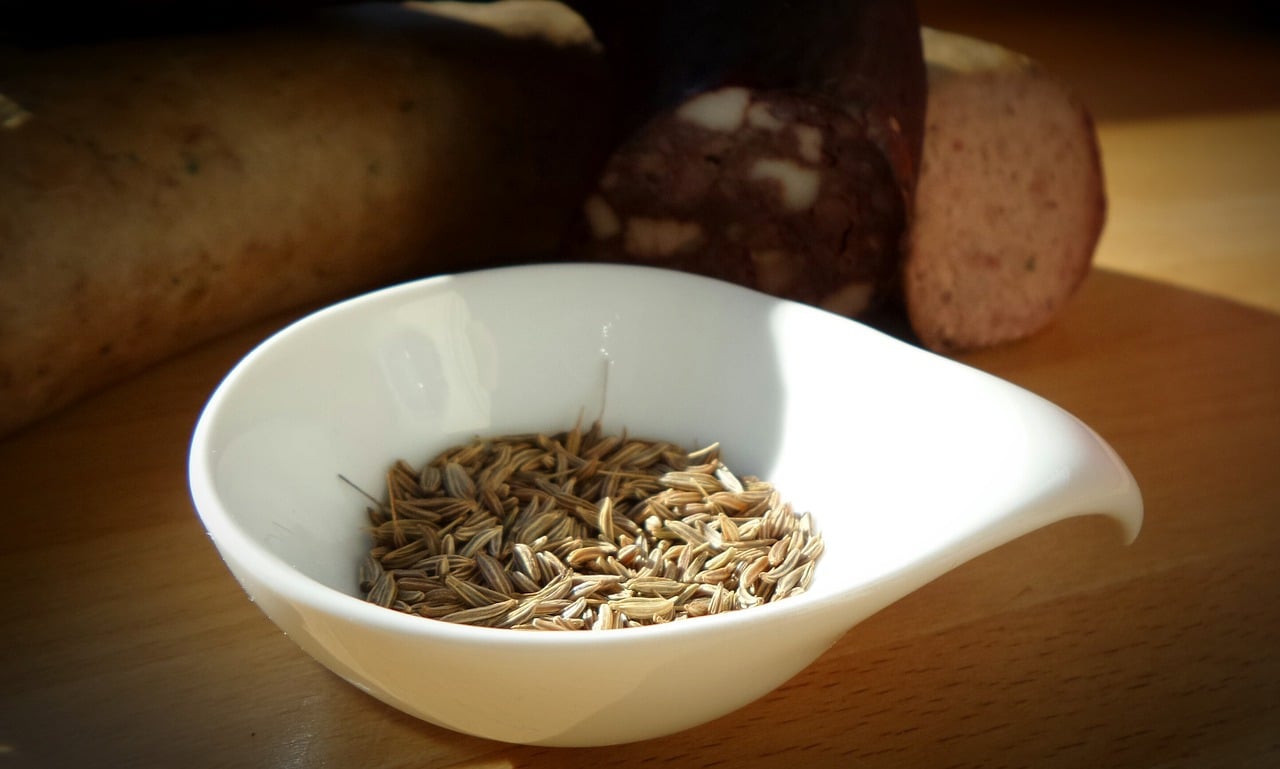It was pain; she suppressed the twinge. It had come to her first a few years after they had left Italy to emigrate to America and settle at last in Sulaco after wandering from town to town, trying shopkeeping in a small way here and there; and once an organized enterprise of fishing—in Maldonado—for Giorgio, like the great Garibaldi, had been a sailor in his time.
Sometimes she had no patience with pain. For years its gnawing had been part of the landscape embracing the glitter of the harbour under the wooded spurs of the range; and the sunshine itself was heavy and dull—heavy with pain—not like the sunshine of her girlhood, in which middle-aged Giorgio had wooed her gravely and passionately on the shores of the gulf of Spezzia.
You go in at once, Giorgio
“You go in at once, Giorgio,” she directed. “One would think you do not wish to have any pity on me—with four Signori Inglesi staying in the house.” “Va bene, va bene,” Giorgio would mutter. He obeyed. The Signori Inglesi would require their midday meal presently. He had been one of the immortal and invincible band of liberators who had made the mercenaries of tyranny fly like chaff before a hurricane, “un uragano terribile.” But that was before he was married and had children; and before tyranny had reared its head again amongst the traitors who had imprisoned Garibaldi, his hero.

